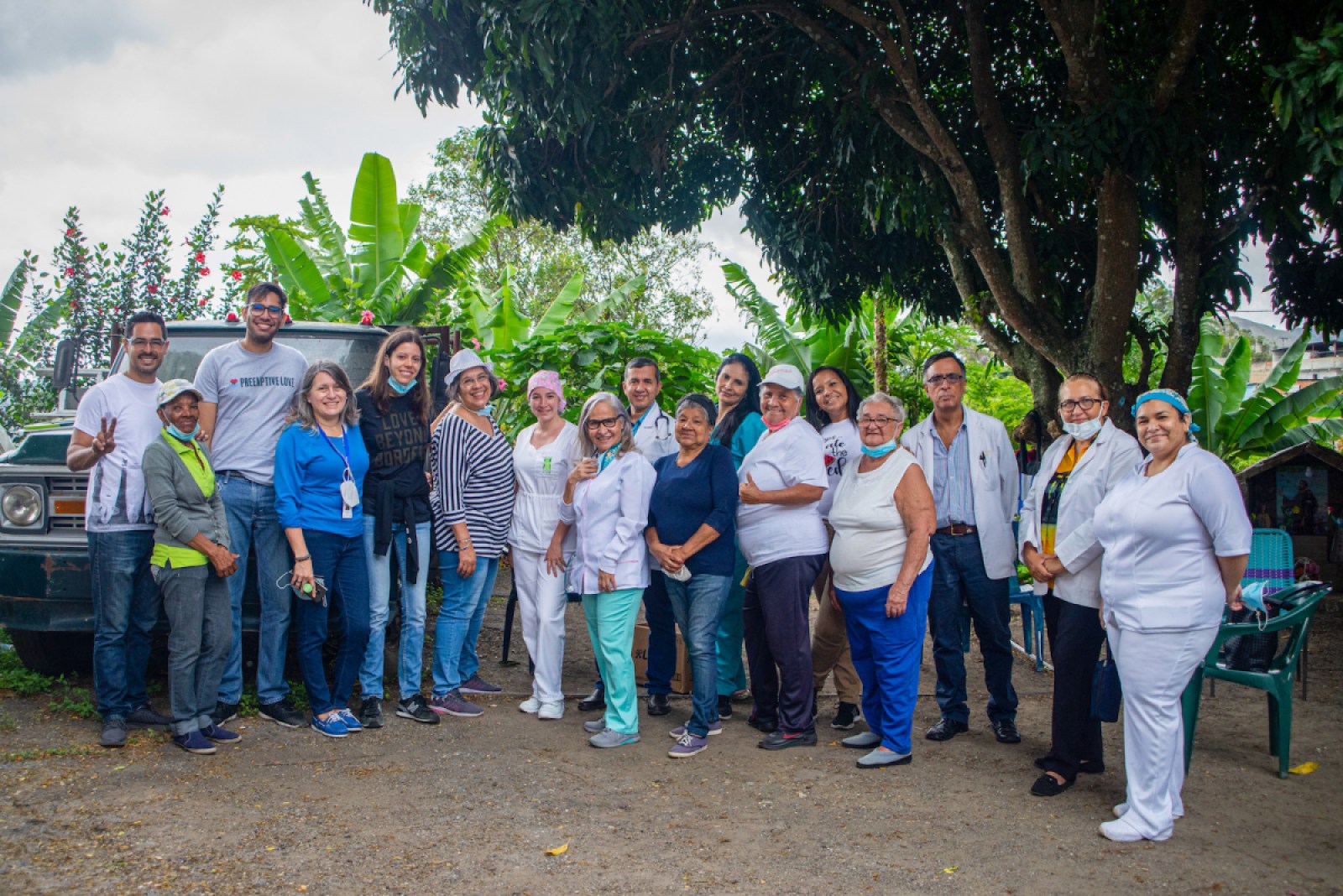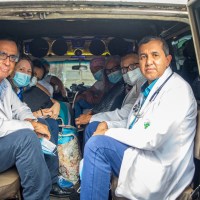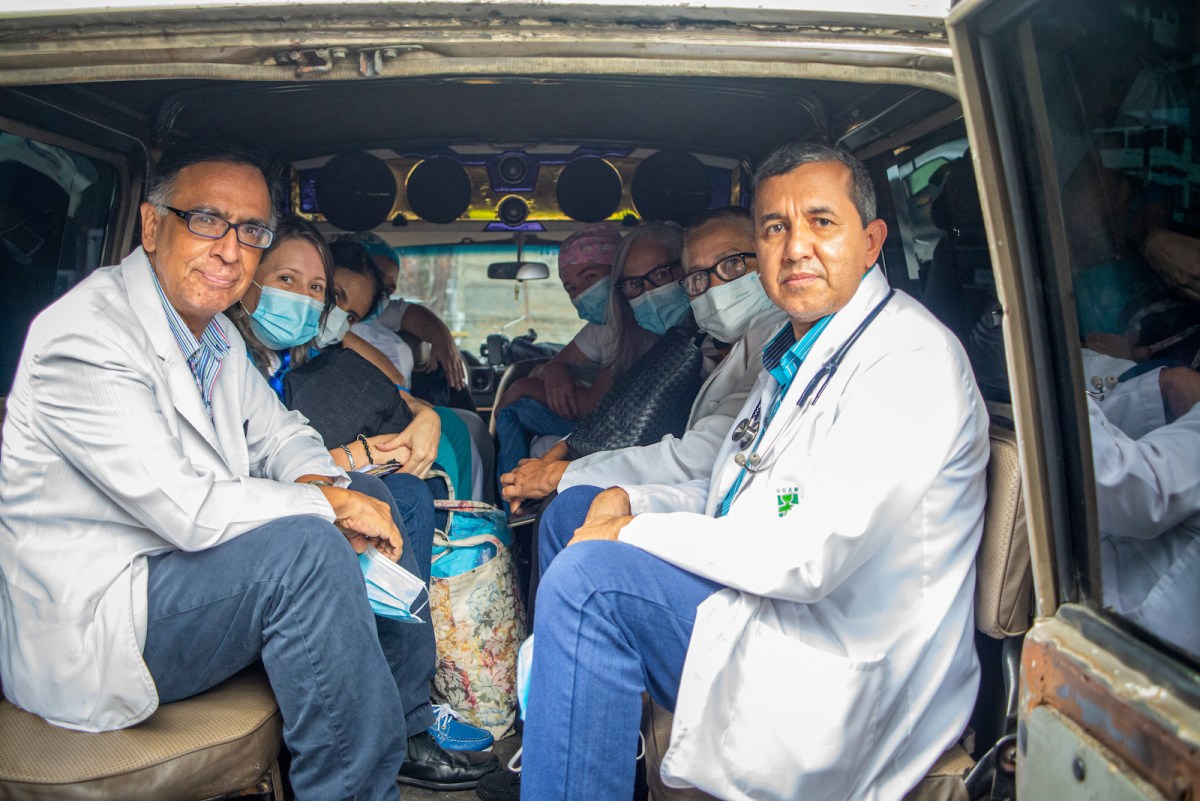“All right Mrs. R, do you see this line on your electrocardiogram? Well, you had two small heart attacks some days ago.”
Although it may seem hard to believe, this is not an isolated case at Preemptive Love’s medical services outreach in Caracas, Venezuela. On the contrary, since our medical services started operating in this region in January, there have already been three patients attended by our cardiologist who has shown evidence of heart attacks during electrocardiograms.
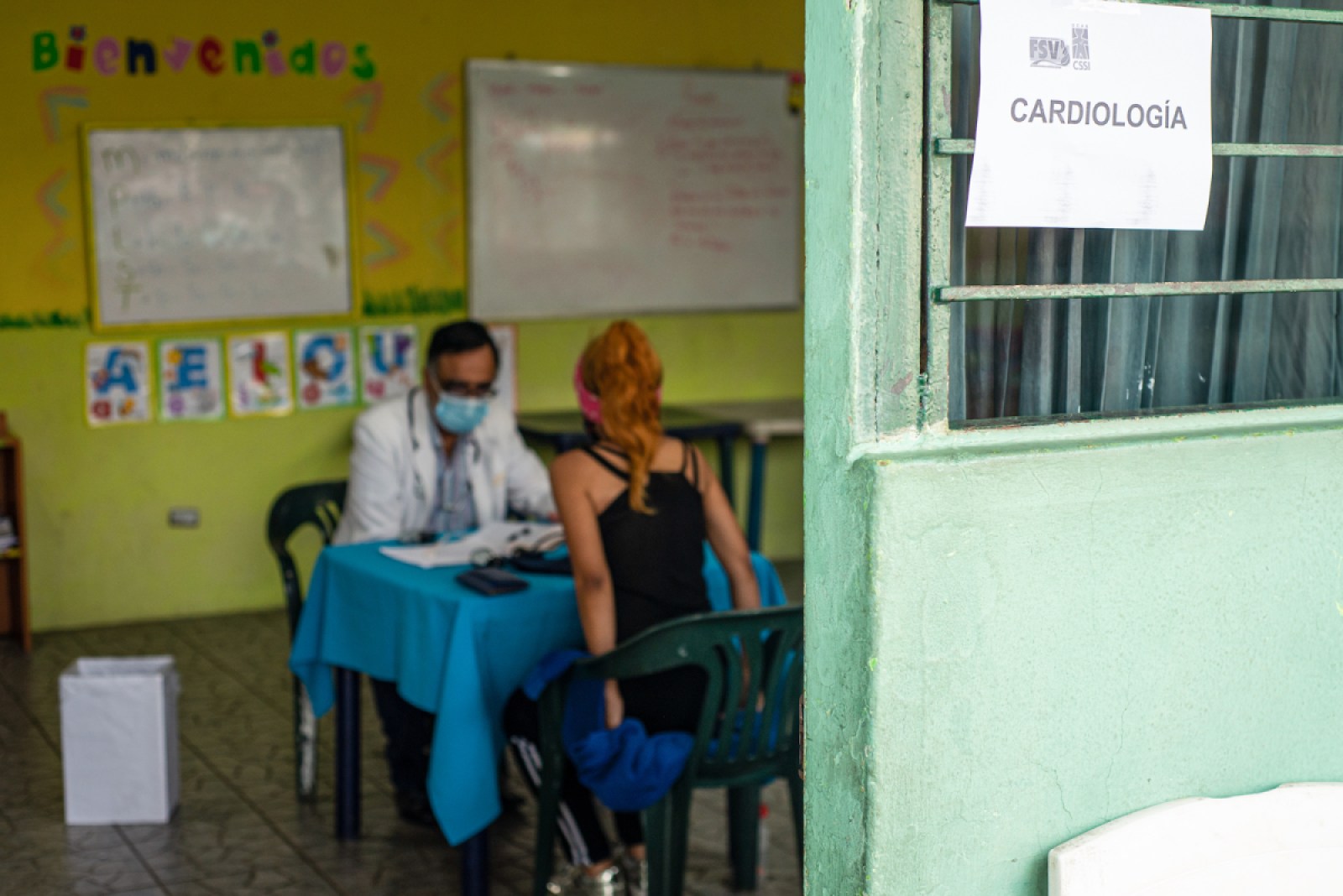
For millions of older adults in Venezuela, the last years of their lives–normally a period expected to be full of peace and tranquility with their loved ones–have become a constant struggle for survival.
Today, monthly pensions for senior citizens in Venezuela are just $22.50, while a consultation with a medical specialist costs an average of $30, not counting the cost of transportation needed to get to the consultation from their communities. Therefore, it is not surprising to find people in their 60s, 70s, or even 80s who have not been able to see a cardiologist for more than 5 years.
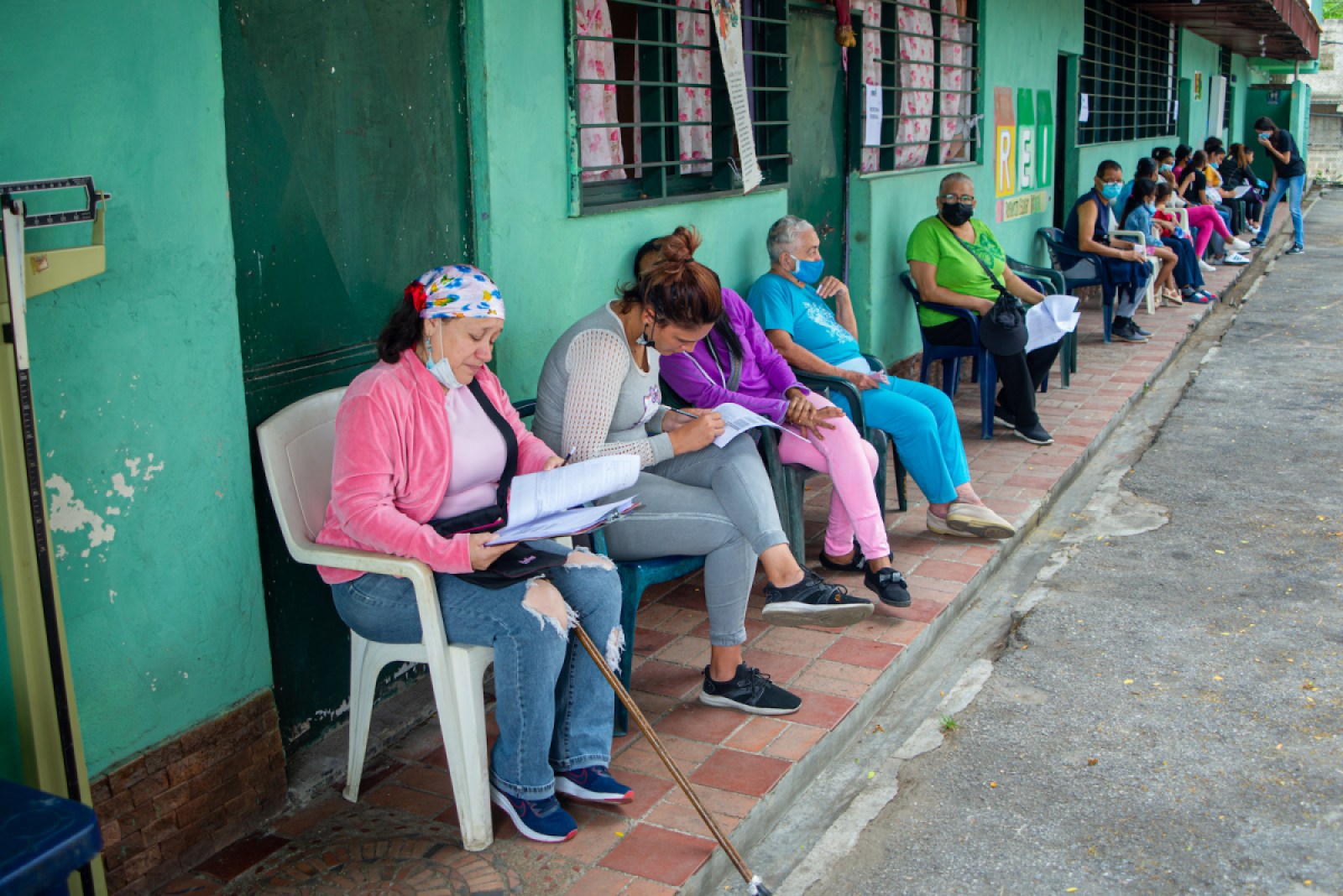
When we come to the community we meet many people who have chronic issues like blood pressure problems, but for them, it is impossible to control. Consultations are expensive, medicines are expensive, and there are no doctors or pharmacies in the community. “Between food and going to the doctor, they will always choose to eat,” Elena, one of our medical partners told us.
That is why Preemptive Love teamed up with local medical professionals to provide services in five different communities in Caracas. Once a week we go to the communities and support 40 patients with cardiology, pediatrics, gynecology, and geriatric consultations. We are providing lifesaving services for these older adults: a doctor who can tell them what pills to take, what diet to follow, and where they can go to a hospital after suffering a minor heart attack.
Partnerships like these mean our friends who are seniors don’t have to choose between eating or going to the doctor. It means their lives aren’t shorter just because of where they live. This is what we can all accomplish together.
